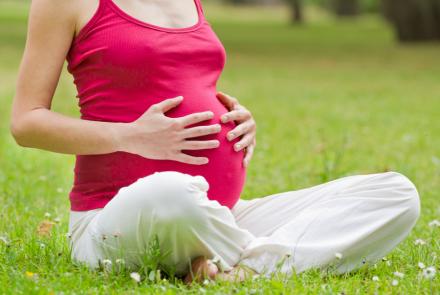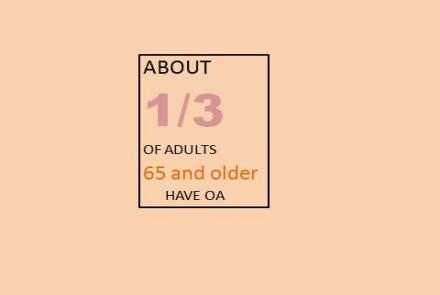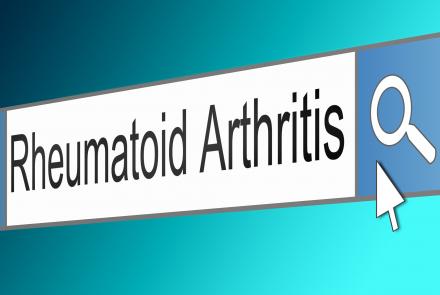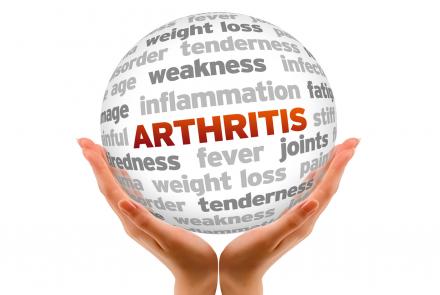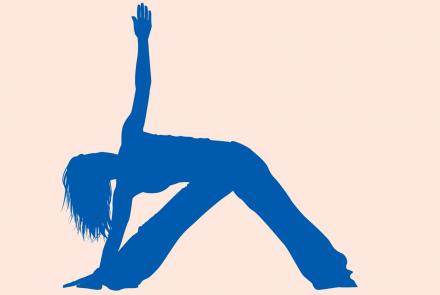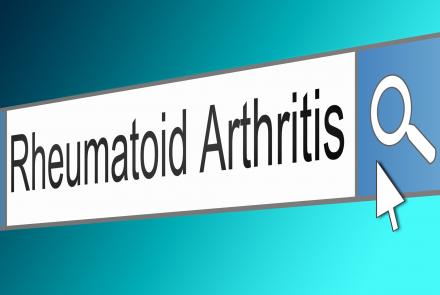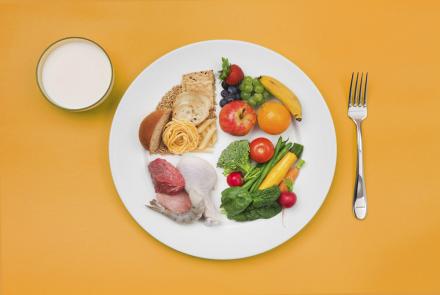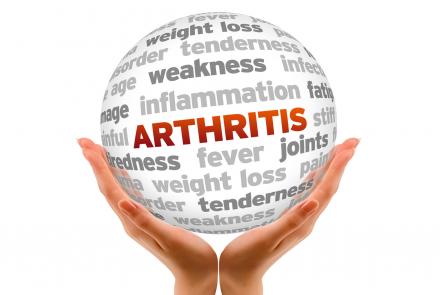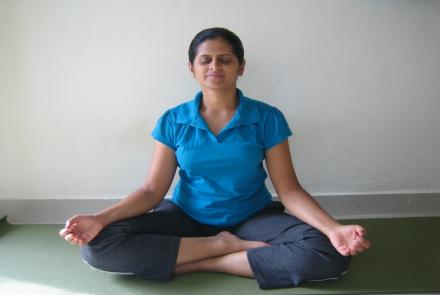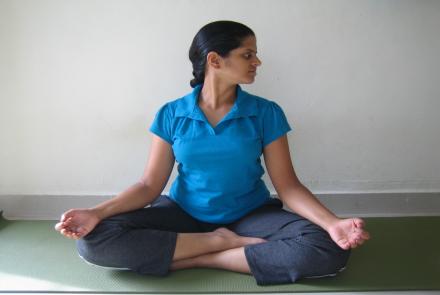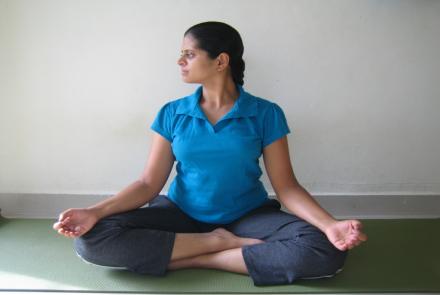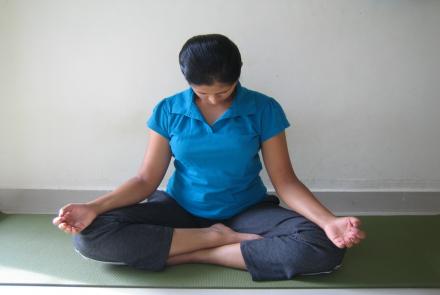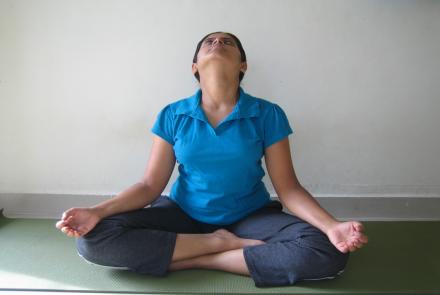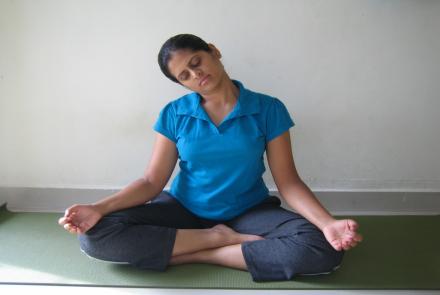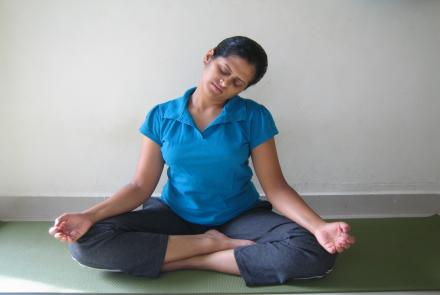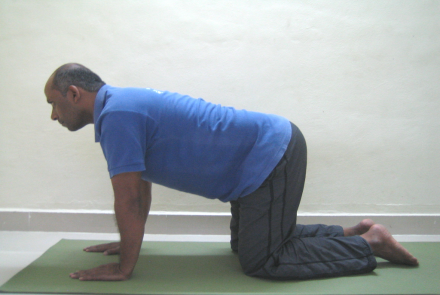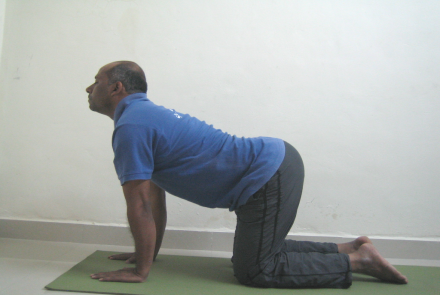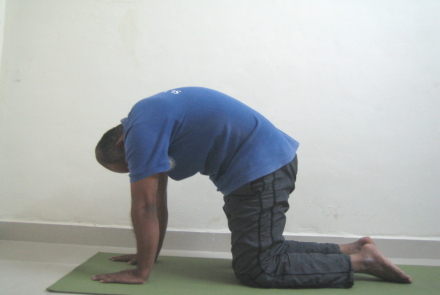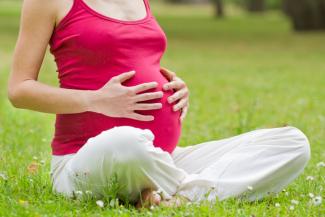
Women with arthritis can get pregnant. It is better for them to discuss with both their treating rheumatologist or endocrinologist and their OB-GYN and plan their pregnancy. Find out how pregnancy affects your arthritic symptoms and how you can deal with them.
Women with arthritis who are pregnant are affected in different ways. In arthritis, joints are inflammed and painful. For some pregnant women, the added weight of pregnancy may increase pain and discomfort. But 70-80% of women with rheumatoid arthritis actually see an improvement in their symptoms. This is probably due to the many changes in the immune system occurring during pregnancy. These changes enable a foetus to grow and develop and some of these changes contribute to the improvement of arthritis symptoms during pregnancy. But 20-30% of women with rheumatoid arthritis are at risk of miscarriage or low birth-weight babies.
If you are planning a pregnancy, try to get your arthritis under control before you conceive. Speak to your doctor about the right medication that will enable a safe pregnancy.
Symptoms of arthritis during pregnancy
- Increased fatigue
- More joint pain, specially in the knees due to increased weight
- During pregnancy the spine curves; this may lead to muscle spasm in the back, numbness and tingling in the legs
- Water retention may cause swelling of hands, feet or ankles and Carpal tunnel syndrome (pain in the thumb and middle finger)
- Shortness of breath
Medication
Inform your obstetrician about all the medication and supplements you are taking. Now that you are pregnant, your rheumatologist will review your medication to ensure they are not harmful for the baby. He may recommend some of the following:
- Prednisone – safe in low doses
- Hydroxychloroquine sulfate (plaquenil) – probably most safe drug. It prevents placental blood clot
- Sulfasalazine
- Azathioprine (Imuran) – Not associated with risk of foetal abnormalities
- Cyclosporine (Neoral, Sandimmune)
- Corticosteroids – Relatively safe in low doses. Specific corticosteroids include:
- Betamethasone (celestone)
- Dexamethasone (Decadron,Hexadrol)
- Heparin (calciparine, liquaemin)
To relieve pain without medication, try the following:
- Use hot or cold packs on your joints
- Use splints for your hands and knees
- Rest
- Wear comfortable shoes
- Practice good posture and gait
- Sleep on a firm supportive mattress
- Exercise to keep your joints flexible
Consult your doctor if there is any increased pain in joints and muscles.
Food and nutrition
Good nutrition is very important for your health and for your baby’s health. You should eat a balanced diet and practice good eating habits before, during and after pregnancy. A dietitian/nutritionist can help you plan a balanced diet.
- Eat high fibre foods (whole grain breads, fresh fruits, vegetables and cereals)
- Eat small, frequent meals
- Eat slowly and chew food thoroughly
- Drink 6-8 glasses of water daily
- Avoid greasy fried foods and spicy foods
- Reduce caffeine in your diet
- Avoid carbonated drinks such as soda
Physical fitness
Consult your doctor before embarking on any exercise regimen. If you are otherwise healthy, consider the following:
- Regular physical activity can reduce joint pain and increase mobility, making it easier to perform everyday tasks.
- Ideally you should perform stretching exercises every day for at least 5-10 minutes. Regular exercise maintains strength in the muscles and bones, decreasing the likelihood of falls and fractures.
- Swimming or walking helps
Complications
Preclampsia: Research shows that rheumatoid arthritis may increase the risk of preclampsia. This is a condition in which a pregnant woman develops high blood pressure and excess protein. This can be life threatening condition for both mother and baby. Complications include seizures, kidney problems and in rare cases death of the mother and/or child. It typically starts after the 20th can exist without any noticeable symptoms. It is often discovered during prenatal checkups.
Low birth and Caearian section: Mothers with rheumatoid arthritis are also at inceased risk of other complications, such as smaller babies and delivering by C-section.
Labour : Labour and delivery are not usually difficult for women with arthritis. For delivery, you have to lie on your back. If this position is uncomfortable, you can lie on your side or sit in a birthing chair. The delivery will be monitored and certain blood tests should be done during labour depending on how active your arthritis is.
Arthritis may flare up 2-8 weeks after birth. Have a plan for post-partum treatment.
Action plan
- Visit your doctor regularly to monitor arthritis
- Follow the right exercise regimen after consulting your doctor
- Make sure any medication you are taking is safe for the baby and during breastfeeding
- Know how much activity your joints can handle, during pregnancy and while looking after a newborn
- Know how to manage pain and ease stress on joints
Support team
- Rheumatologist
- Obstetrician
- Health professionals

